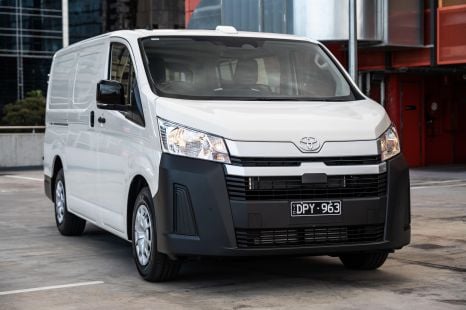

Max Davies
2026 Toyota HiAce review
4 Hours Ago
Research commissioned by a dash cam company has found that 16 per cent of Australian has fallen asleep while behind the wheel.

Contributor
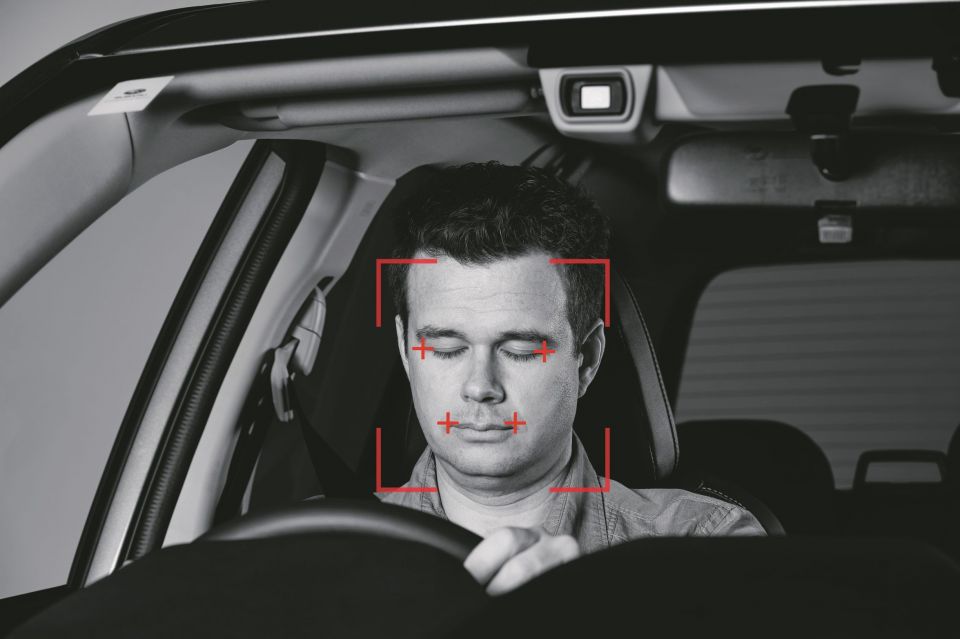

Contributor
Drowsy driving is a killer on our roads, and it’s something that has affected a huge number of Australians.
According to research commissioned by dashcam manufacturer Nextbase, one in six Aussies (16 per cent) has fallen asleep behind the wheel.
Men are more likely to try and drive through the drowsiness, with 22 per cent of male respondents admitting to falling asleep while behind the wheel.
A separate study conducted by Monash University estimated an Australian dies every day after falling asleep while driving. It also estimates drowsy driving contributes to 20 per cent of Australian car accidents annually.
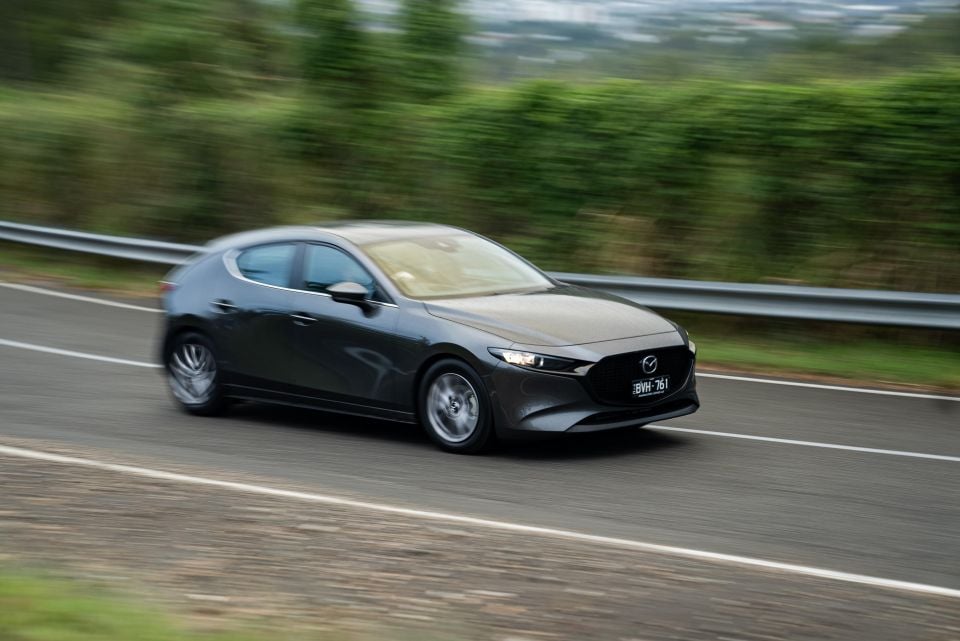
In 2021, there were 1126 deaths on Australian roads.
This latest report is being used to promote the Nextbase’s dash cams, as well as the emergency features it offers if you do get into an accident of some sort while driving.
It’s worth noting that a number of new cars have emergency calling built in from the factory now.
Toyota recently expanded the availability and functionality of its Toyota Connected Services (TCS) across a number of its models.
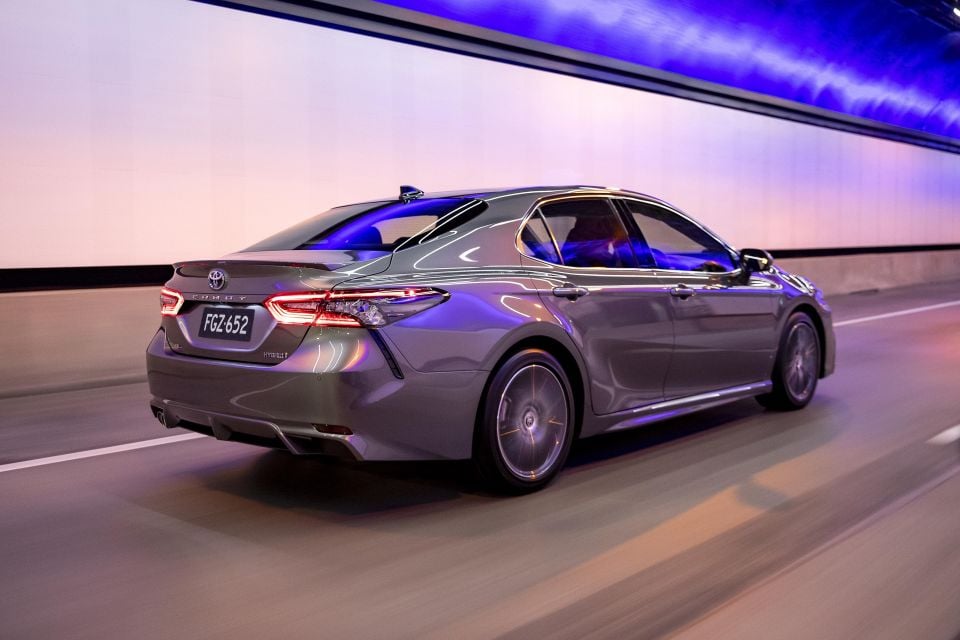
Features such as SOS emergency calling, automatic collision notification, and stolen vehicle tracking is now available on the Toyota Yaris Cross, Camry, HiAce, Granvia, LandCruiser 300, HiLux and Fortuner.
Similar connected services systems with emergency calling functionality are also available in BMW, Mercedes-Benz, and Audi models.
Nextbase ambassador and Supercar driver David Reynolds is urging Australian drivers to stay safe over the July school holiday period and be prepared for long drives.
“It is always so important to be safe on the road, for you and your family as well as other road users,” said Mr Reynolds.
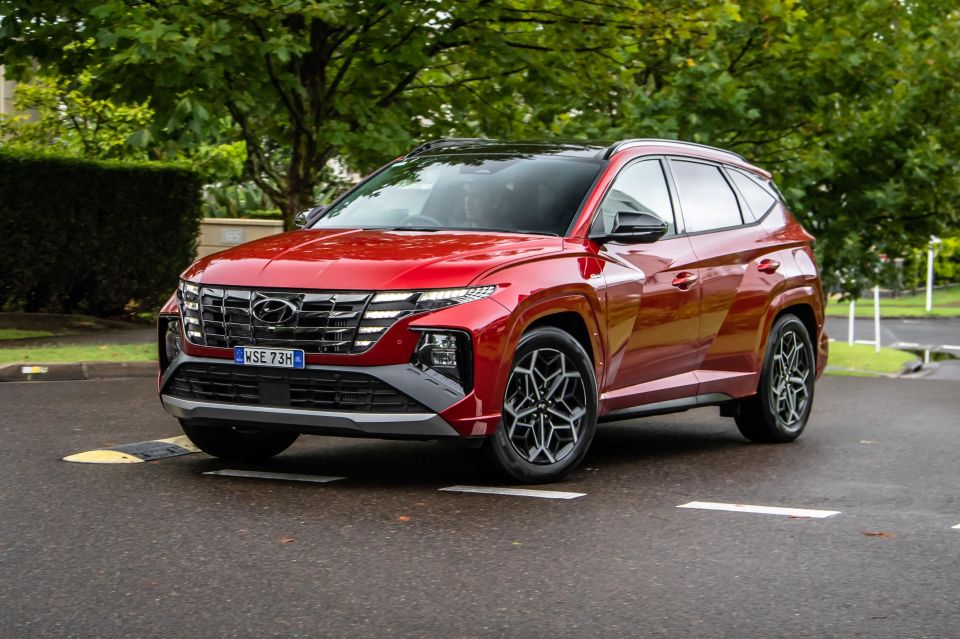
“Along with preparing your car for the trip, you need to prepare yourself and plan your breaks and rest. Preparing for a long drive includes a good night’s sleep before you leave.”
The survey of 1199 people was conducted online between November 26 and December 8, 2021, by market research company YouGov on behalf of dashcam company Nextbase.
The survey was also conducted in Sweden, Canada, the Czech Republic, France, the Netherlands, Poland, Germany, the UK, and the USA.
Findings from this survey are, naturally, representative as they don’t capture responses from the whole driving population.
Jack Quick is an automotive journalist based in Melbourne. Jack studied journalism and photography at Deakin University in Burwood, and previously represented the university in dance nationally. In his spare time, he loves to pump Charli XCX and play a bit of Grand Theft Auto. He’s also the proud owner of a blue, manual 2020 Suzuki Jimny.


Max Davies
4 Hours Ago
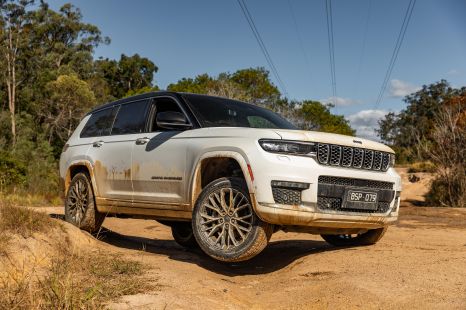

William Stopford
20 Hours Ago
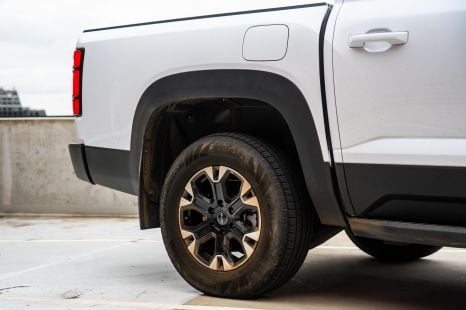

Ben Zachariah
21 Hours Ago
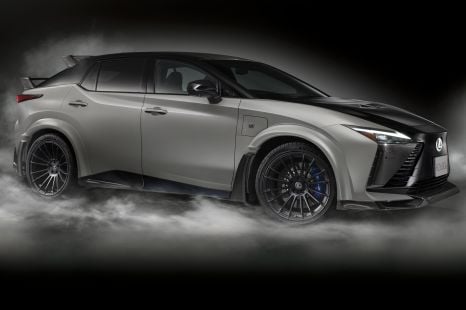

Derek Fung
21 Hours Ago
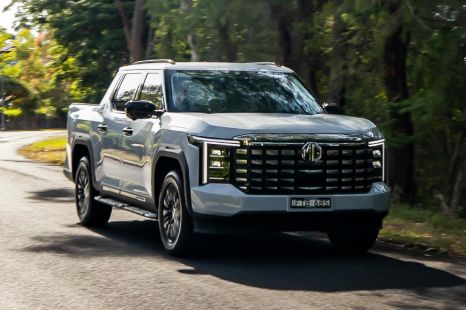

Matt Campbell
1 Day Ago
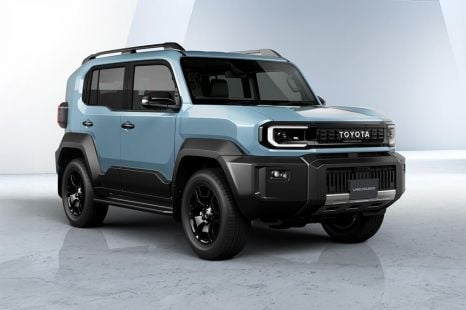

William Stopford
2 Days Ago